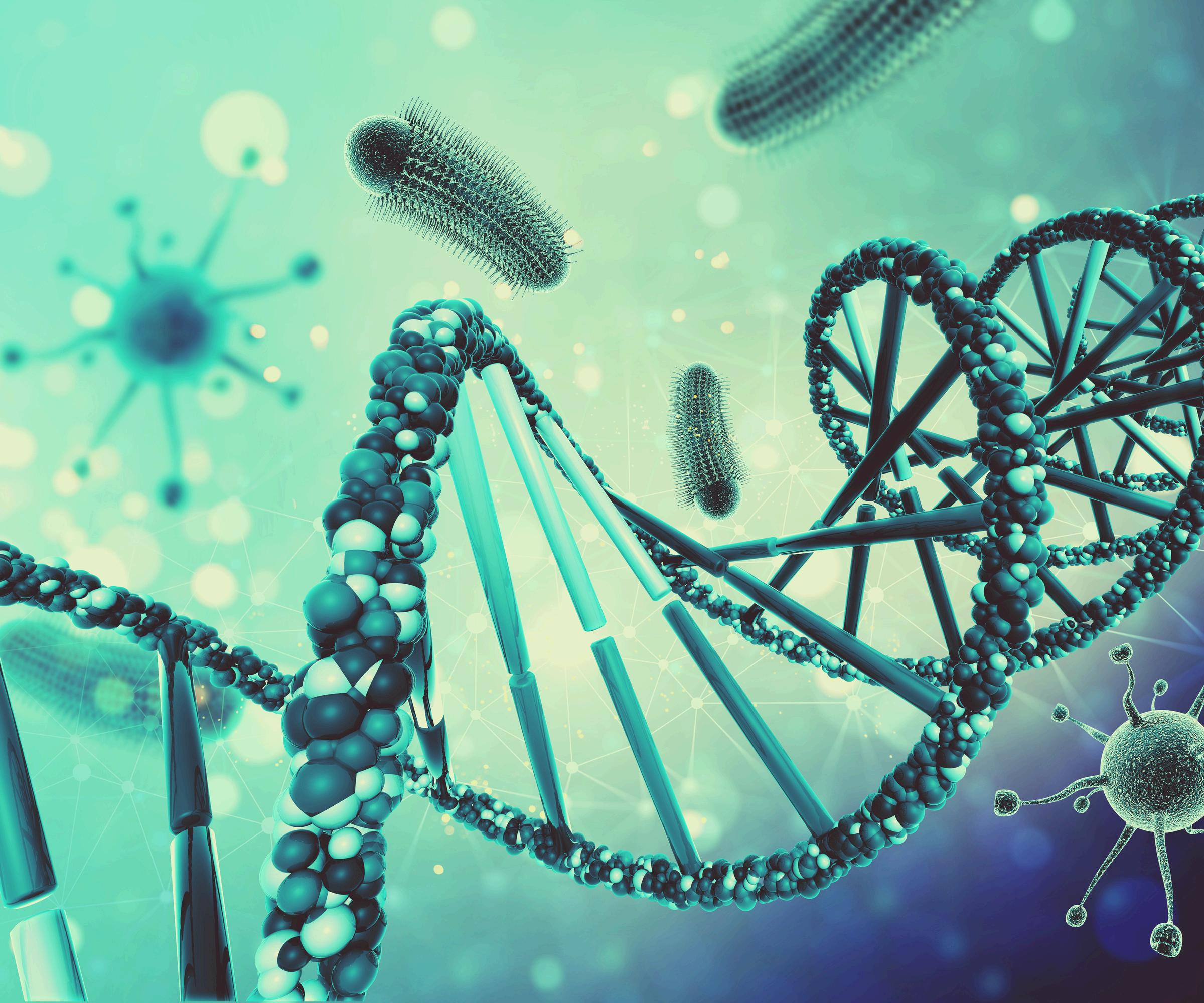







Bioanalytical testing refers to the measurement and analysis of drugs, biologics, and biomarkers in biological systems. In the age of advanced therapies such as monoclonal antibodies, cell therapies, and gene editing technologies bioanalytical testing is indispensable. It ensures product identity, potency, purity, and stability, enabling safe and effective delivery to patients. From early-stage R&D through regulatory submission, these tests support every stage of the therapeutic lifecycle by providing essential data for quality assurance and compliance.


Liquid Chromatography–Mass Spectrometry (LCMS/MS) – Gold standard for quantifying small molecules and metabolites.
Enzyme-Linked Immunosorbent Assay (ELISA) –Used for biologics, antibodies, and cytokines.
Quantitative PCR (qPCR) – Ideal for gene therapy vector detection and viral load measurement.
Flow Cytometry – Key tool for analyzing and sorting cells in cell therapy workflows.
Western Blotting – Protein characterization and confirmation of expression.


Cell & Gene Therapy – Vector copy number, transgene expression, potency, residual impurities
Biologics & Monoclonal Antibodies – Concentration, stability, immunogenicity testing
Vaccine Development – Immune response evaluation and antigen quantification
Pharmacokinetics (PK) / Pharmacodynamics (PD) –
Determines drug behavior and biological response
Biomarker Analysis – For targeted therapy
monitoring and patient stratification

Bioanalytical testing forms the backbone of therapeutic quality, guiding safe clinical development, regulatory approval, and market success. As biologics, gene therapies, and personalized medicine continue to grow, bioanalytical services will play an even greater role in ensuring that treatments are accurate, reproducible, and safe for global patient populations. Collaborating with expert testing partners ensures your therapies are backed by data you can trust — from lab bench to bedside.


